While it's true that some birds are able to "talk," they aren't able to tell their owners if they are sick or in pain. Birds are notoriously good at hiding signs of illness or injury because any signs of weakness can mean trouble in the wild if predators take note. Look for subtle hints to help clue you in if your bird is experiencing physical discomfort. These common signs mean that your bird is in pain or sick; contact your avian veterinarian as soon as possible if you note any of these behaviors.
- 01 of 05
Favoring Certain Body Parts
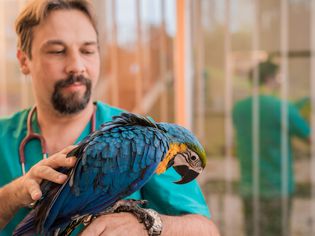
DjelicS / Getty Images
If you notice that your bird is spending the majority of its time on one leg or that the bird seems to avoid using a certain wing or moving in a certain way, then you should suspect that something is causing the bird pain in these areas. While it is normal for birds to try to hide any signs of illness, birds who are experiencing pain are often unable to completely mask their discomfort.
02 of 05Squinting
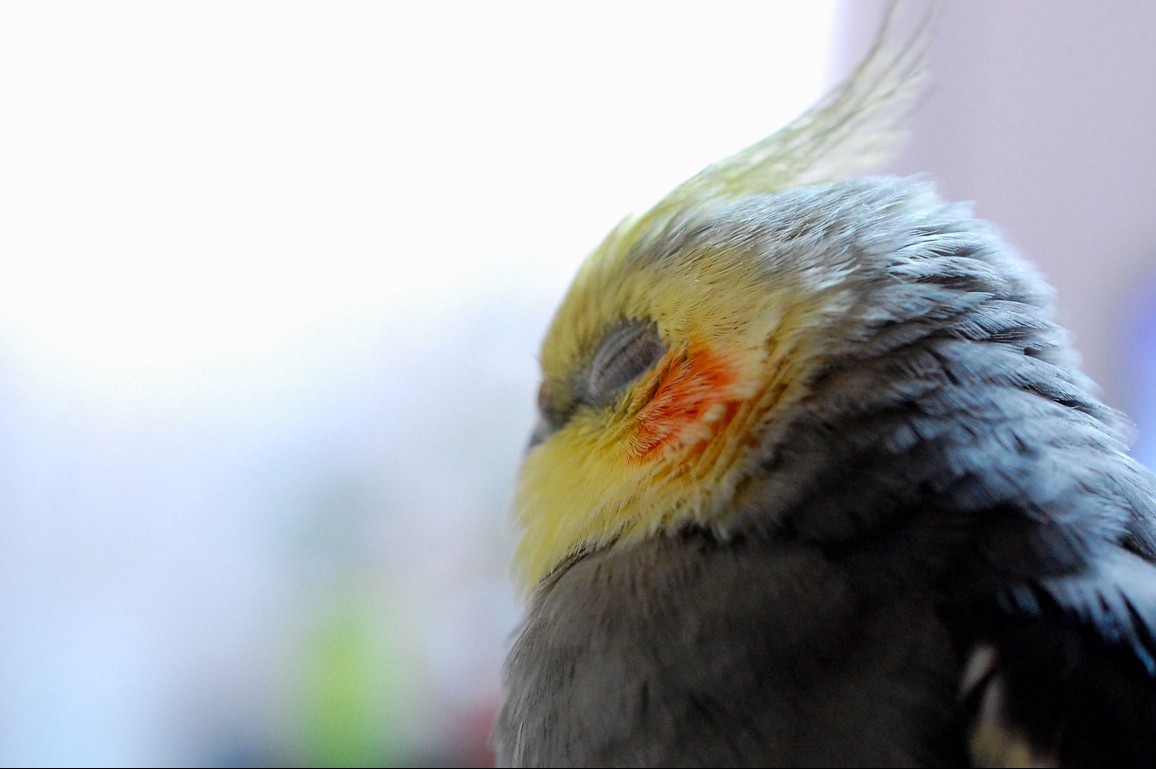
Haruki Miki / Getty Images
While we do our best to keep our feathered friends' safety in mind, accidents and injuries can occur at any place and time. Pet birds can even hurt themselves within the safety of their own cages. If you notice that your bird seems to be squinting, it is smart to take it as a sign that your bird is in discomfort, and it may not necessarily be related to an eye injury.
03 of 05Lethargy
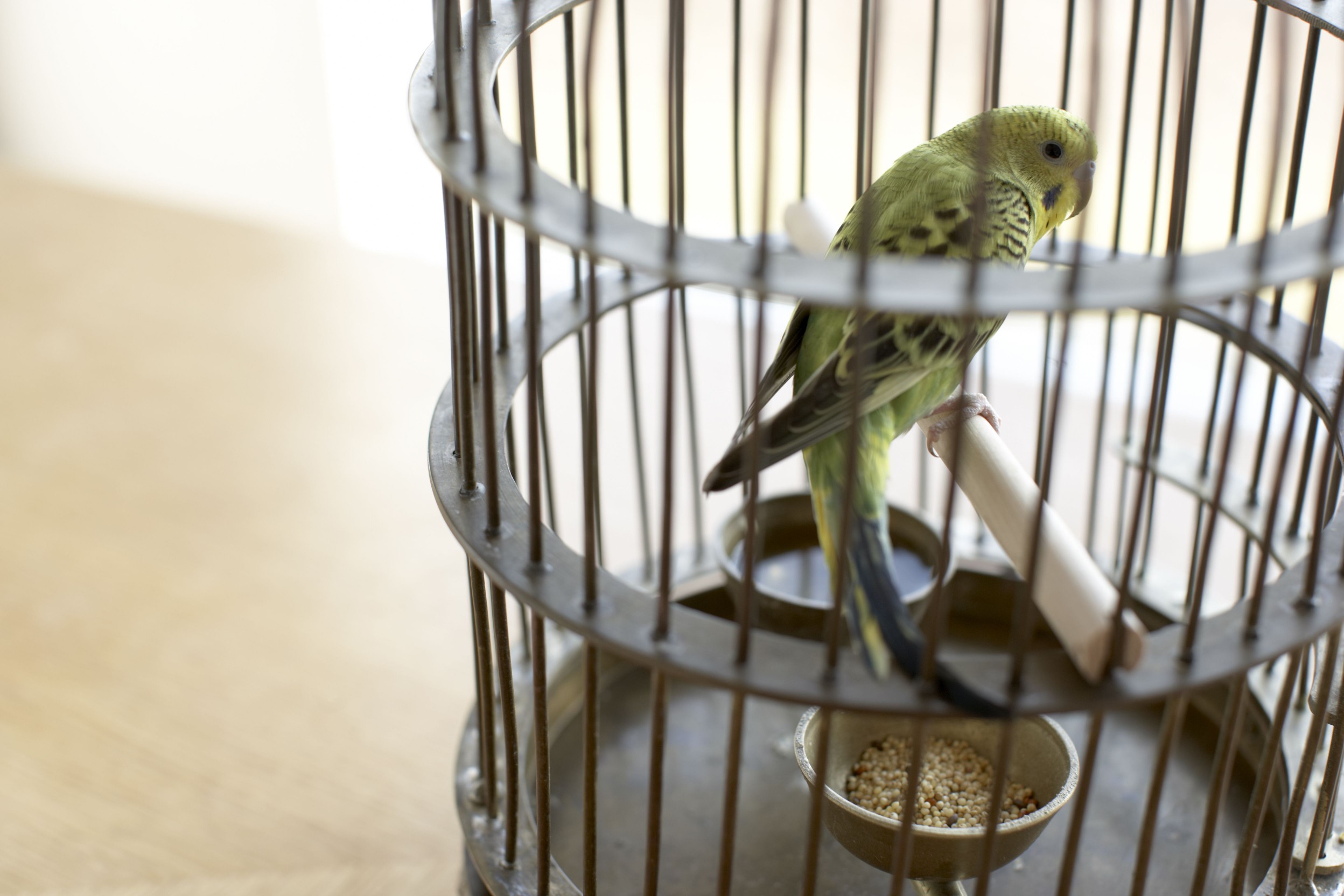
Daisuke Kobayashi / Getty Images
Birds are normally highly active, so any sign of lethargy, depression, or fatigue should be taken as potentially serious. Birds that are found lying on the bottom of the cage or who refuse to leave their nests or perches are often very sick and in need of immediate veterinary care.
04 of 05Irritability
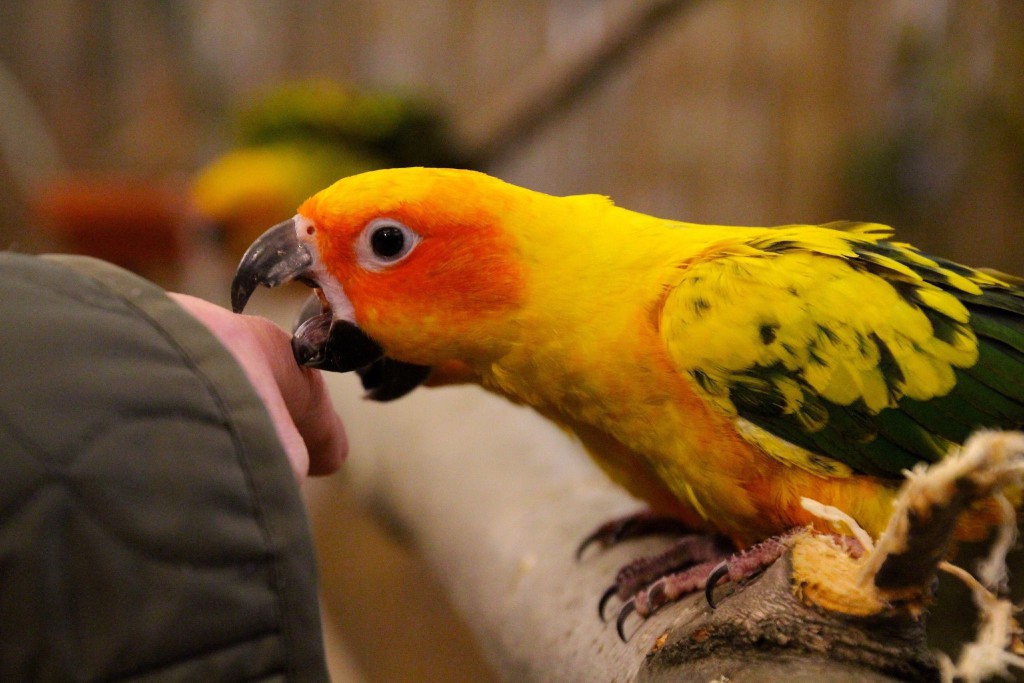
Manuela Schewe-Behnisch / Getty Images
Tame, hand-fed pet birds can still be moody at times, and this is completely normal. However, excessive irritability or lashing out that seems out of character for your particular bird can be a sign that something is wrong. While it's true that aggression and irritability go along with normal symptoms of hormonal behavior in parrots, it's better to be safe than sorry if you aren't 100 percent sure that hormones are the cause of the way your bird is acting.
Continue to 5 of 5 below05 of 05class="comp sources mntl-block">Loss of Appetite
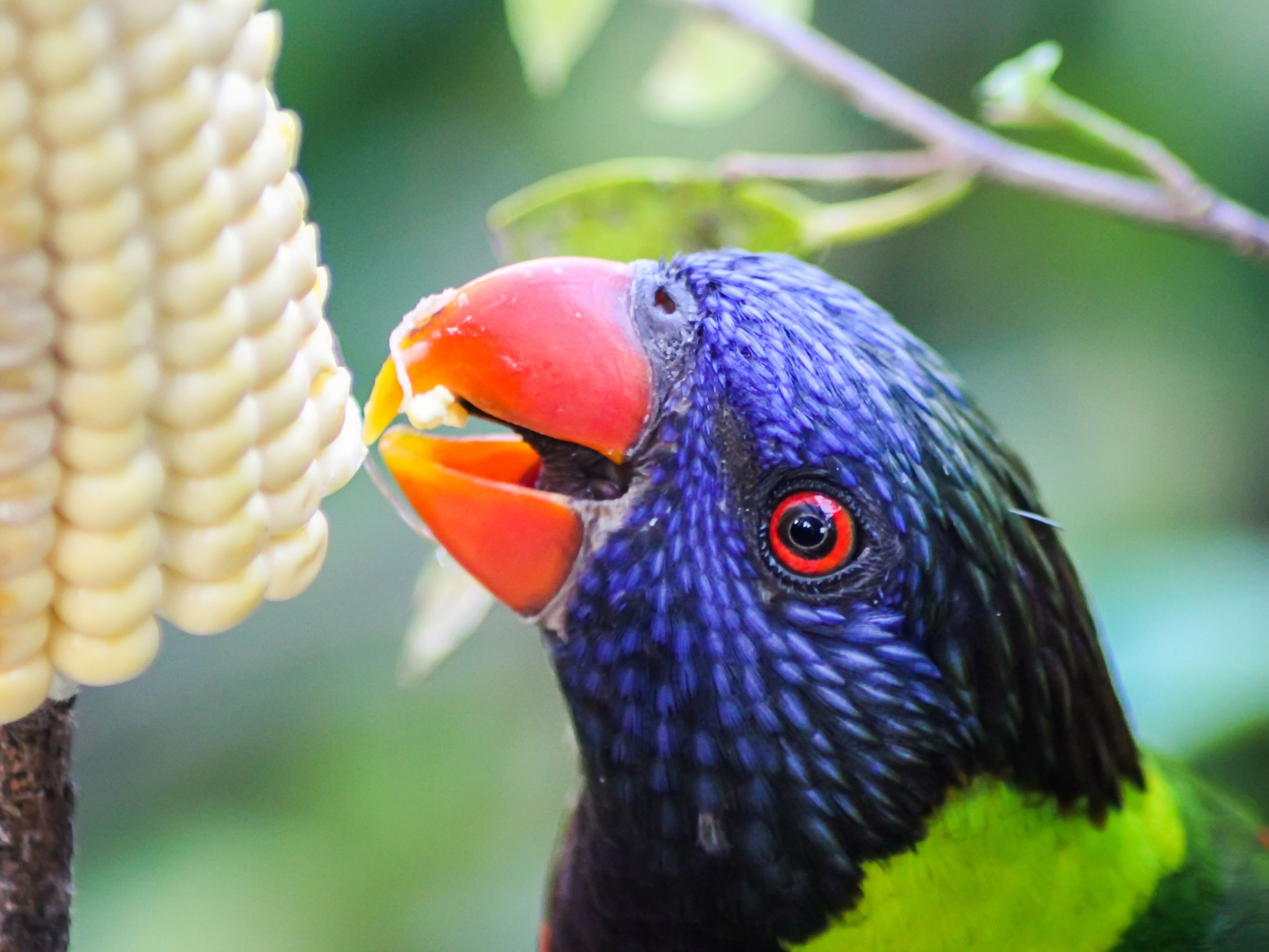
Muhammad Yoris Ramdhansyah / Getty Images
Parrots and other birds have extremely high metabolisms, making it necessary for them to have adequate food intake at all times. It's normal for some parrots and parakeets to be pickier than others, and certainly normal for any bird to have specific preferences when it comes to meals, but a bird that outright refuses to eat anything at all is usually a bird that is in dire need of veterinary attention. If you suspect that your bird isn't eating as much food as it normally consumes, try offering a favorite treat such as millet or another type of fresh, bird-safe snack. You should be able to tell pretty quickly if your bird is interested in eating it or not.
If you suspect your pet is sick, call your vet immediately. For health-related questions, always consult your veterinarian, as they have examined your pet, know the pet's health history, and can make the best recommendations for your pet.
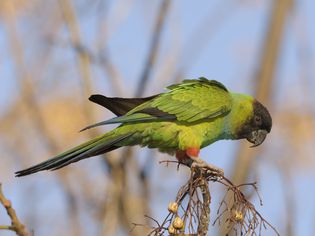
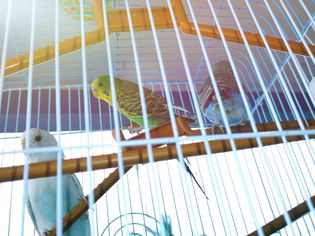
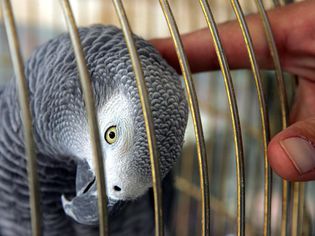
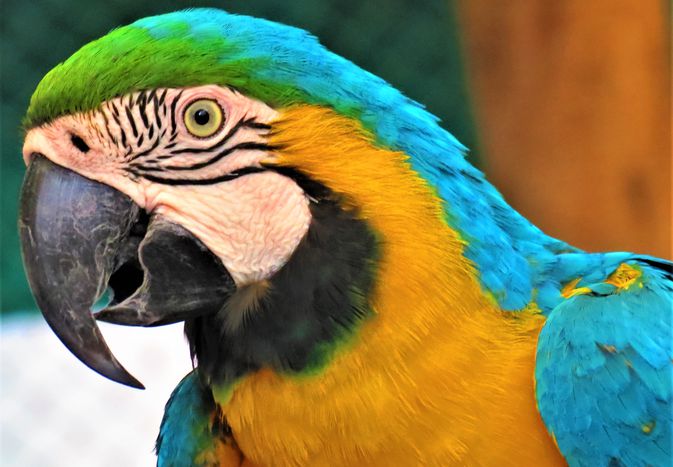
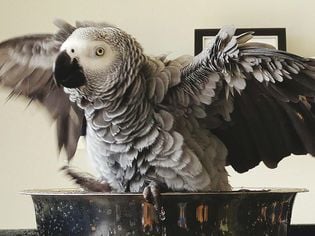
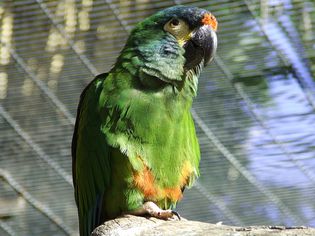
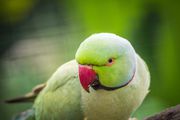
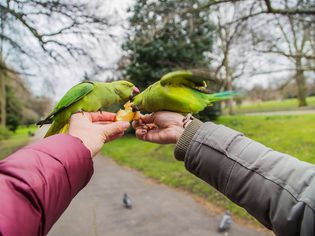
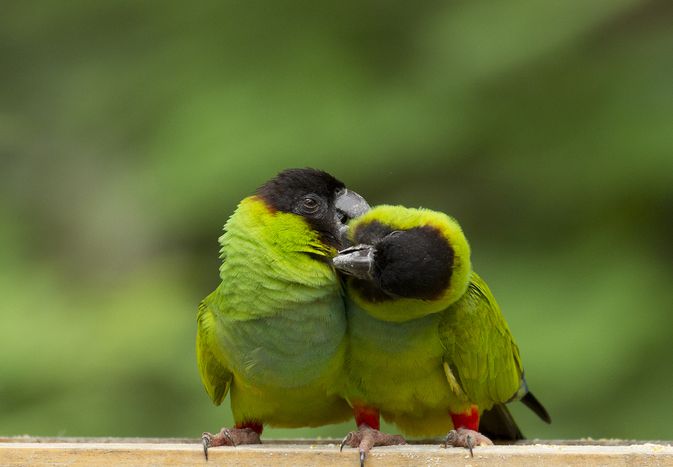
Comments on "5 Signs Mean Your Bird May Be Sick or in Pain" :